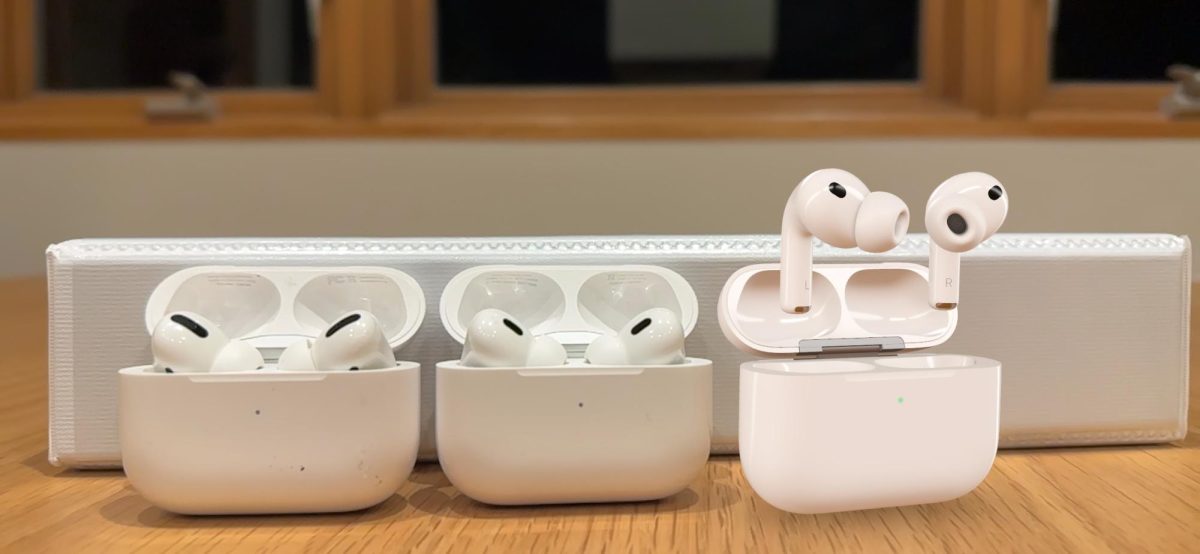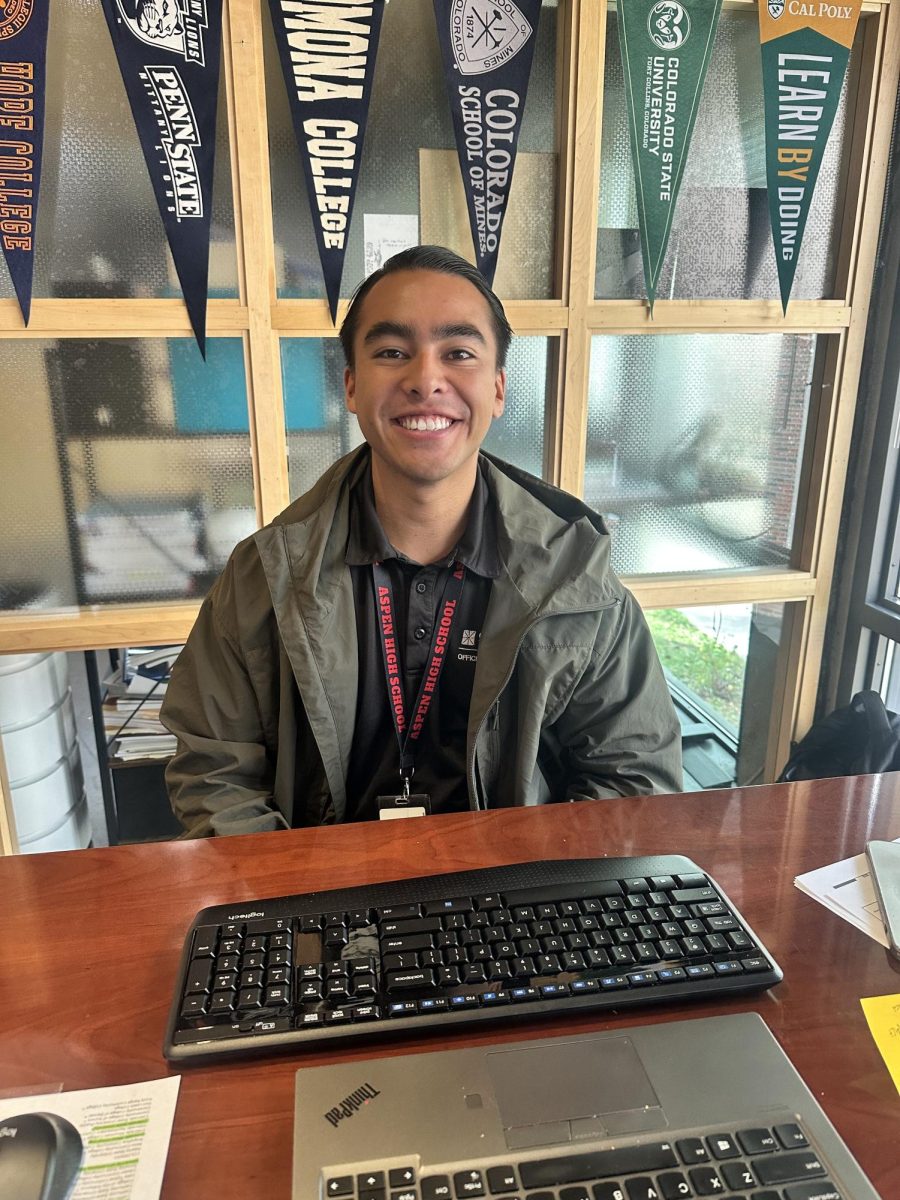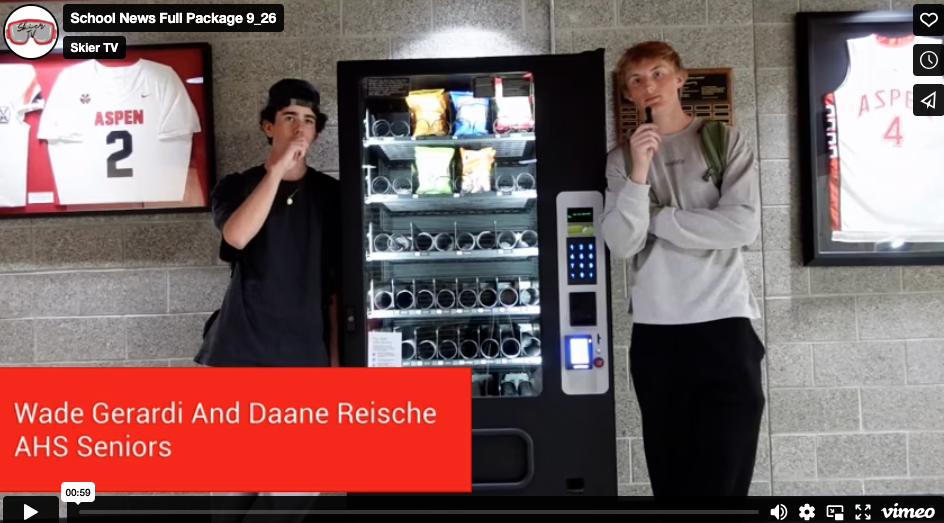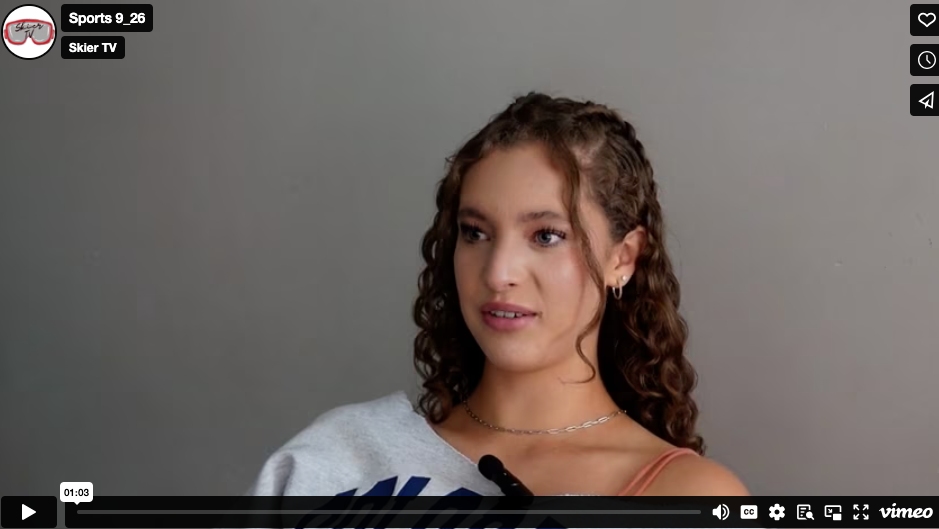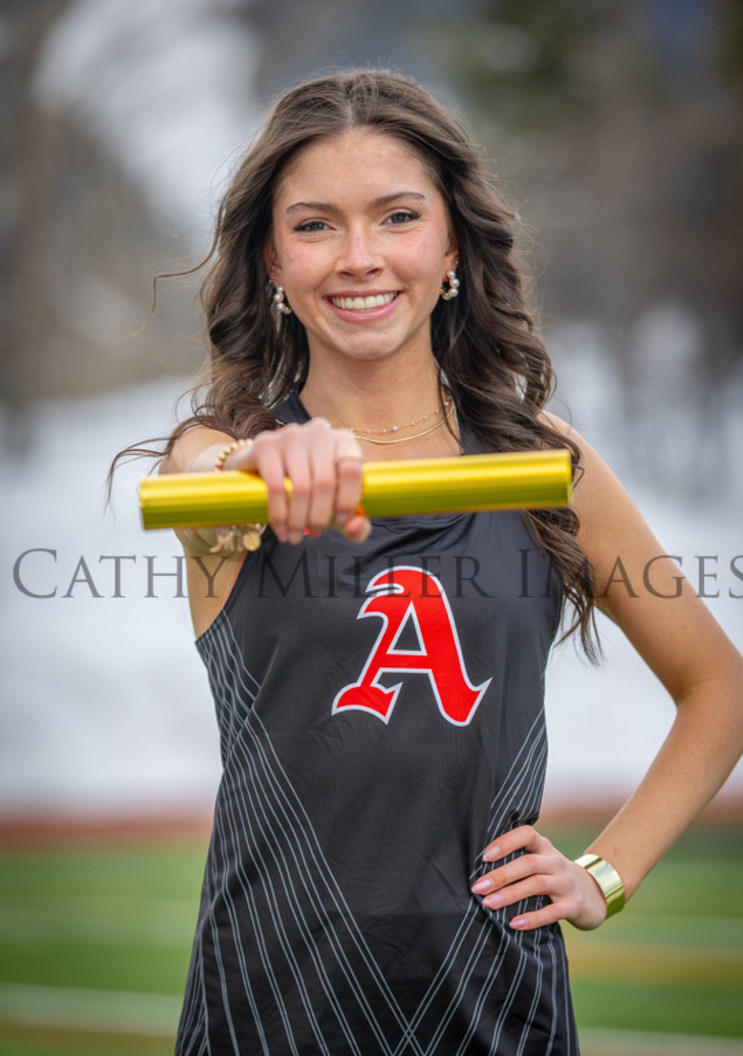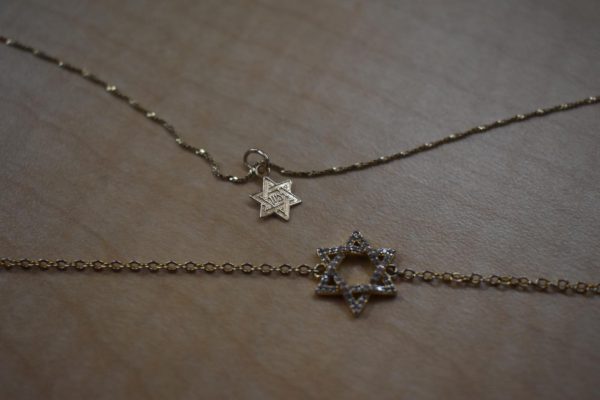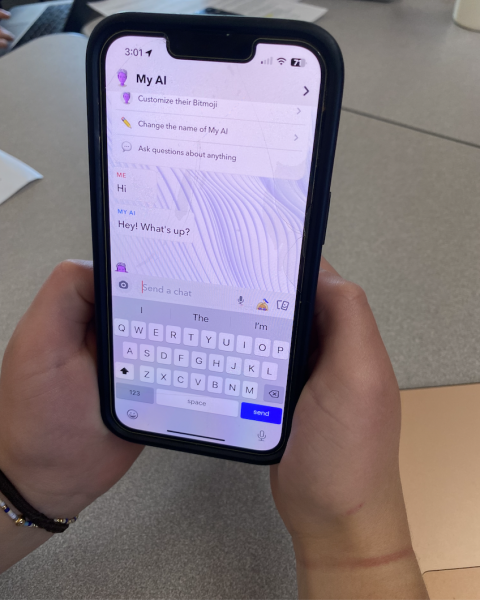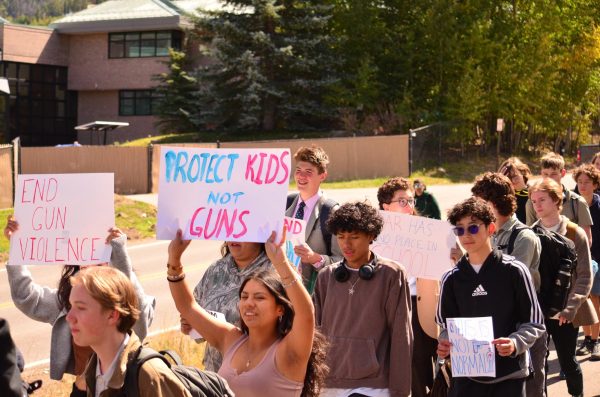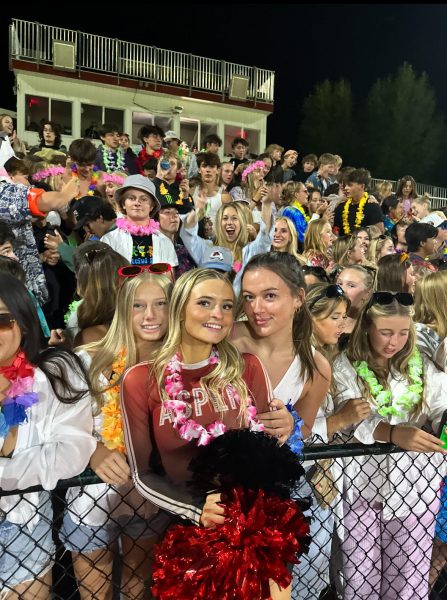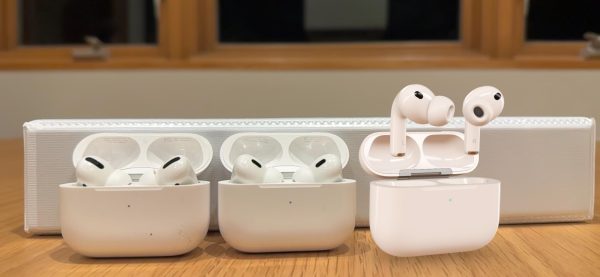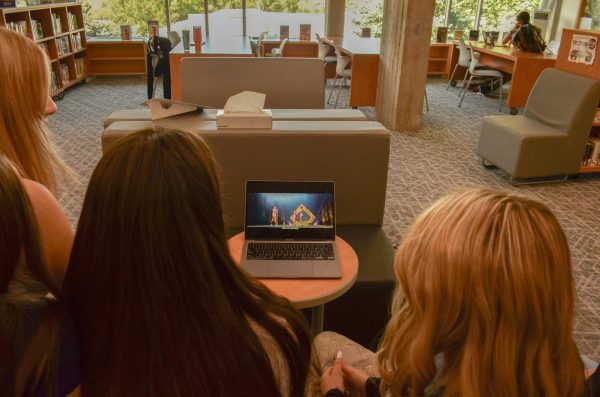60 minutes presidential interviews: less than stellar Stahl
Leslie Stahl introduces her interview with republican presidential candidates, Donald Trump and Mike Pence.
On October 25, CBS’ 60 Minutes news platform broadcasted their traditional pre-election day interviews with major party candidates for president and vice president. According to the Ad Fontes Media reliability chart, 60 Minutes is historically unbiased and reporting based. However, the recent interviews conducted by Leslie Stahl, a CBS journalist, were quite the opposite. Norah O’Donnell, anchor and managing editor of CBS Evening News, however, executed an interview that was informative, respectful, and fair in respects to the interviews given to the other candidates. The role of an interviewer is to present the perspectives of specific individuals without displaying one’s own beliefs. By being impartial towards an interviewee, there is more space for that person to share, in full, their principles – something highlighted by O’Donnell but underused by Stahl.
The broadcast began with Stahl’s interview with President Trump which started with what seemed to be a deferential engagement between greeting each other and following COVID-19 protocols. Just after the first question, the interview turned into an argument. Stahl, trying to get the conversation started, asked President Trump if he was prepared for some “tough questions,” and he disputed the fairness of the interview in comparison to that of the democratic candidate, former Vice President Joe Biden. Trump was defensive throughout the rest of the interview, but Stahl assumed a very similar role, challenging the comments made and calling out Trump on the truth in his responses.
60 minutes is mostly interview-based which leaves more room for interviewees to share their perspectives purely. Stahl asked Trump questions regarding his campaign and his plans should he be reelected, but after Trump presented his response, the broadcast spent more time proving him wrong instead of giving more exposure to Trump’s principles. At these times, Stahl and Trump would bicker back and forth until finally a new question could be presented. Neither side demonstrated much respect, either. For example, Stahl mockingly quoted Trump saying, “[Suburban women], will you please like me. Please please!” While accurate, her presentation was unnecessary and demonizes her interviewee which funded Trump’s frustration and rebuttal on the topic. The interview felt more like a task to prove the presidential candidate wrong instead of understanding his plans for the country.
Not surprising given the start of the interview, Trump left before the interview ended. Stahl was also responsible for the interview with Mike Pence, and her informal conduct from the previous interview carried over. Pence followed the assumed characteristics of his job by calmly and thoughtfully responding to questions. Stahl, meanwhile, pestered Pence about what had happened in the previous interview. In response, Pence was strategic in defending his president while also remaining collected in responding to the best of his abilities.
Especially because of COVID-19, many of the topics of discussion during electoral debates and interviews do not have official answers but rather ask for a theoretical plan of action. Pence directly detailed what his plans for the next term were and moved past bleeding into the parts that made Trump and Stahl’s interview a catastrophe – the bickering, random interruptions, and accusations of false claims. While Trump and Stahl’s interview was unfortunate, Pence provided a good conclusion to the republican parties representation and a great segway to the more poised democratic party.
Norah O’Donnell was responsible for the interviews with presidential candidate Joe Biden and vice presidential candidate, California senator Kamala Harris. Likely improved by Biden and Harris’ more conversation-based attitudes, Norah O’Donnell was excellent at remaining impartial, asking challenging, valuable questions, and asking for more information when the answer was not satisfactory. O’Donnell’s ability to maintain respect while conversing with candidates was especially beneficial in creating an informative broadcast. Additionally, though she requested a better description at times or extended the ideas presented by candidates, O’Donnell was excellent at neutrally responding to answers and keeping her personal beliefs detached. There was an excellent rhythm to each of the interviews between questions asked and time for candidates to respond, which also provided a more holistic view of the principles of the democratic party.
The environment created in the democratic interviews was comfortable and encouraging for thoughtful, pure responses. In the Stahl-Trump interview, the discussion revolved around statements that could be used against the other which pulled away from the potential of learning more about each candidate and their goals. The coverage of each candidate could have been very valuable to the many people who watch the Sunday evening show, but the approach was not characteristic of what a news program should accomplish in any broadcast.
As a media source, the skewed representation of the candidates on 60 Minutes sheds light on the greater issues in our country. The disunification between the interviewer and interviewee is a reflection of the disunification of our country – especially during election time. However, the respect between O’Donnell and the democratic candidates brings hope for reestablishing our country’s congruence.
*Former Vice President Biden and Senator Kamala Harris have since been declared the President and Vice President elects


